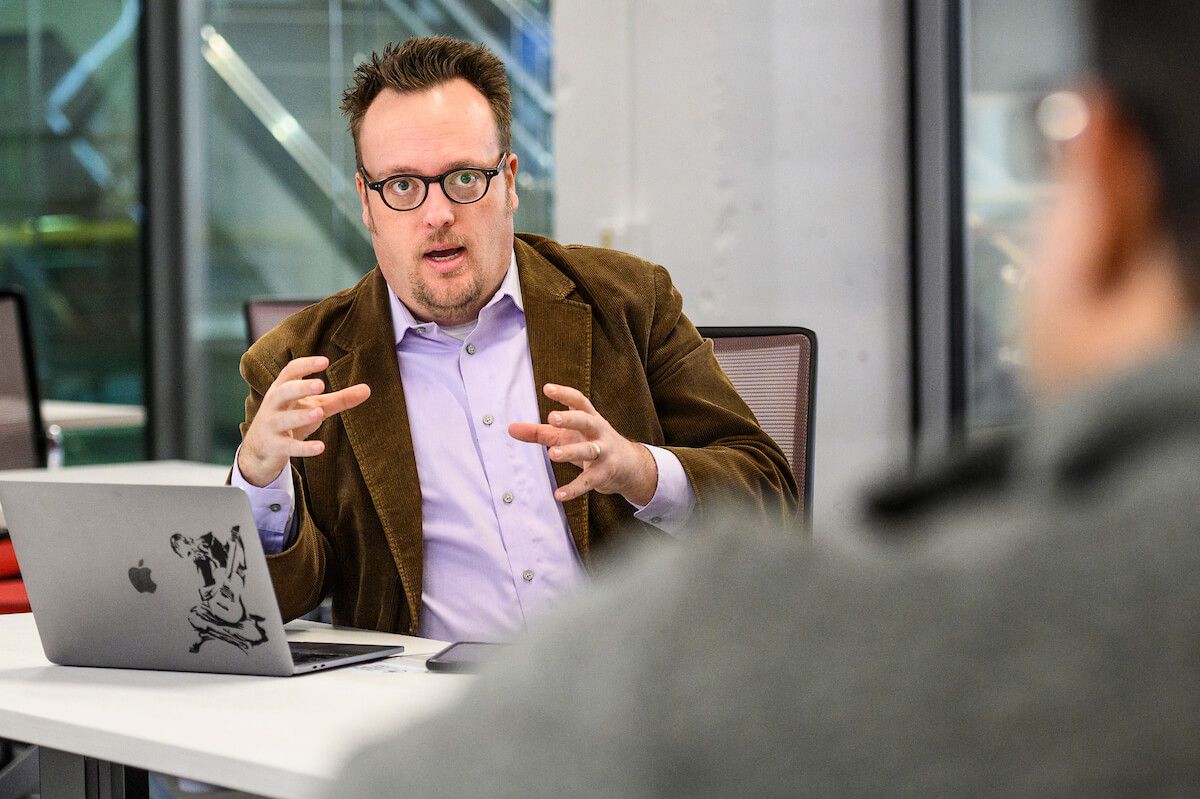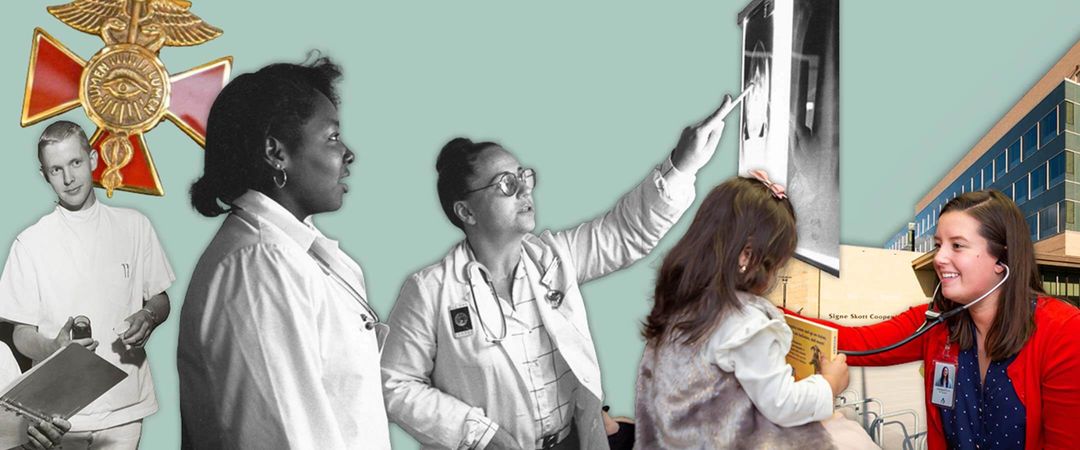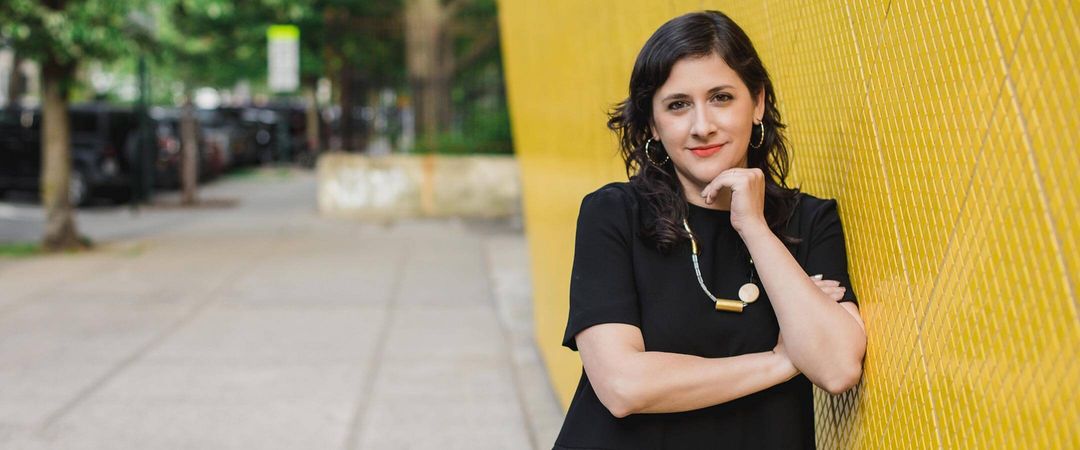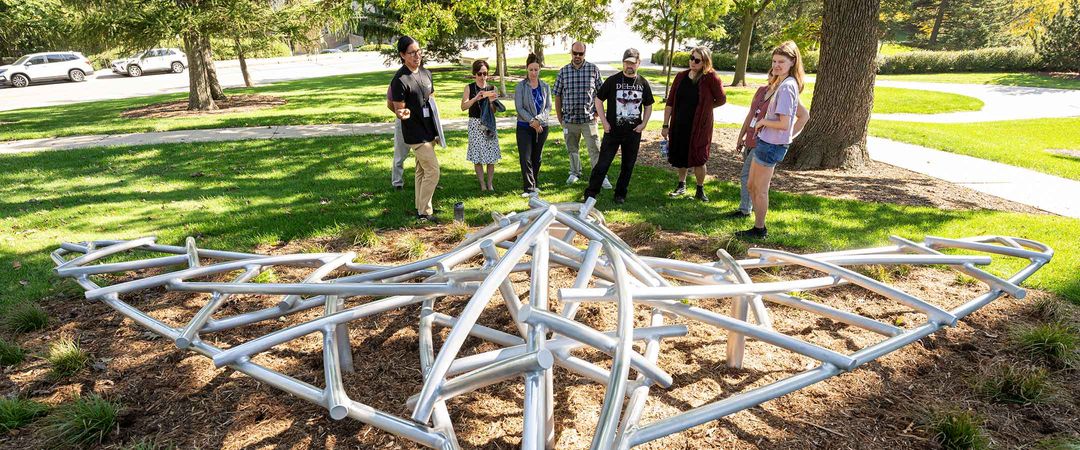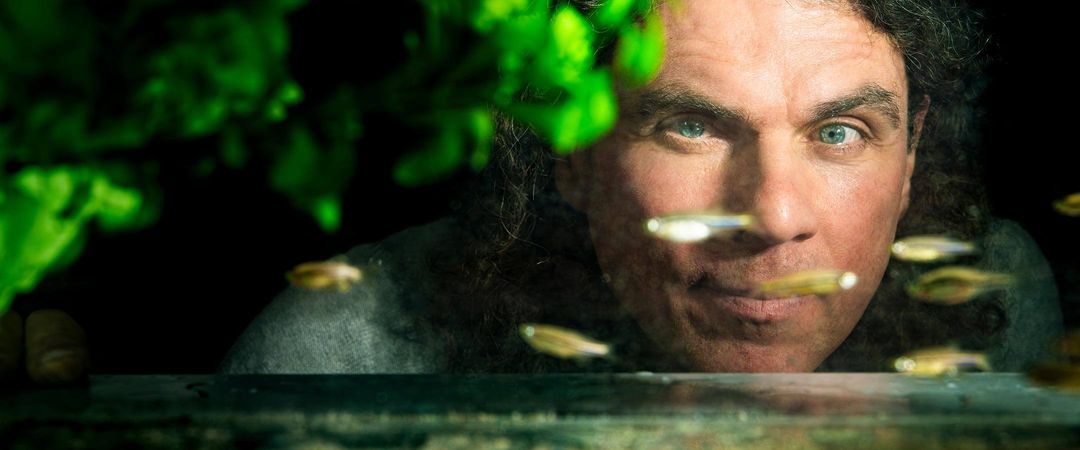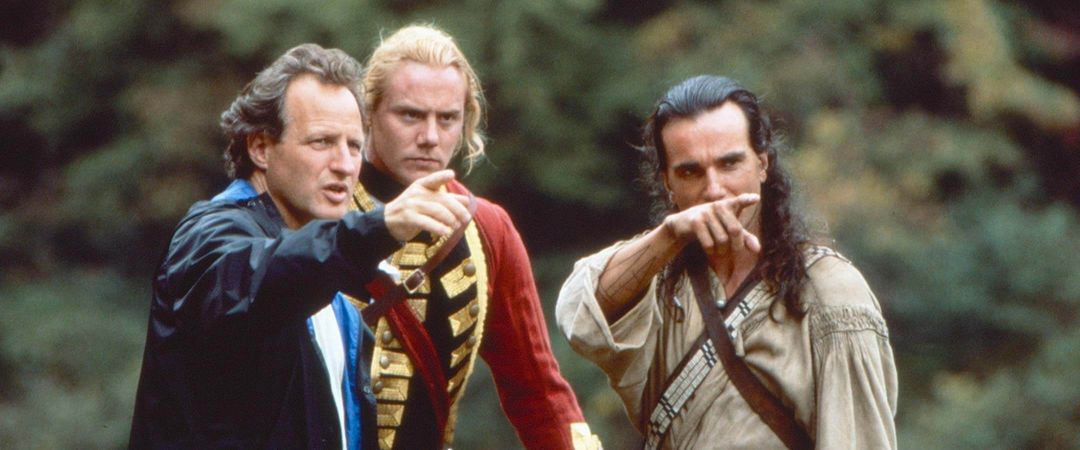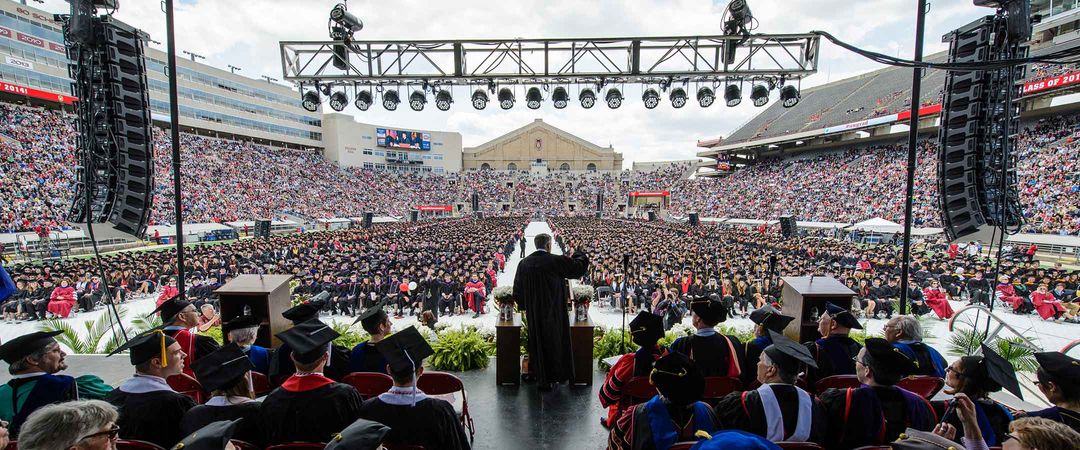Before earning his PhD in political science and becoming a professor of political communication and public opinion, Michael Wagner cut his professional teeth as a reporter and press secretary. “I’ve always been really interested in politics,” he says. “I’ve always been really interested in the news.” The two fields are difficult to separate, particularly at a time when technology has made it so easy to share — and nearly impossible to escape — news about elections, politicians, and policies at every level. Wagner explains that, together, news and politics “tell us a lot about how well our democracy is working.”
Wagner is the director of graduate studies for UW–Madison’s School of Journalism and Mass Communication, where he teaches and studies political communication, public opinion, and political behavior. He is also an affiliate in the political science department and the Robert M. La Follette School of Public Affairs, and he helps lead the Mass Communication Research Center’s Center for Communication and Civic Renewal.
Chief Area of Research:
I study political communication, which really focuses on the way that messages flow through our information ecosystem and influence what people believe, what they want, and what they do. And so I’m really interested in how conversations about politics, news coverage about politics, social media posts about politics, and people’s interactions with all those things affect their political knowledge, their political preferences, and what kinds of participation they engage in.
On The UW Now, I’ll Discuss:
We’ll talk a lot about how misinformation spreads — especially through social media and the news media. We’ll talk a lot about what kinds of strategies news organizations can use to help slow down the spread of misinformation and even correct it. We’ll talk about what individuals can do to help slow down the spread of misinformation and correct it. We’ll talk about the importance of individuals being willing to admit what they don’t know — [that’s] really important when it comes to curbing misinformation. And we’ll talk about how, for some pockets of the information ecosystem, misinformation is really profitable. [This] makes it really hard to push back against the misinformation that stands to make it easy for some people to make a lot of money or increase their power.
One Thing I’d Like Viewers to Remember Is:
If [a story] feels good because it makes the other side look bad, make sure there’s more than one source that’s saying that, and especially make sure it’s a source that you’ve heard of before today. Those are often the things that people tend to spread without thinking about it because it feels good, and they often are things that turn out to be not true. So that’s one thing that everybody can do that’s really simple to push back against misinformation.
To Get Smart Fast, Read:
There’s an article my student Jianing Li MA’18, PhD’22 and I wrote in an outlet called TechStream, which is published by the Brookings Institution. It’s a two-to-three-minute read about misinformation.
I was just talking to the Washington Post about [misinformation], and they did a nice story. They also interviewed a person named Leticia Bode MA’06, PhD’12, who’s a UW alum as well.
